Top tips to implement effective potty training
Successful potty training is one of the most difficult aspects of parenting, and Ladybird Nursery, a curriculum-based Early Years Foundation Stage (EYFS) nursery group, highlights key tips to help parents with this challenge.
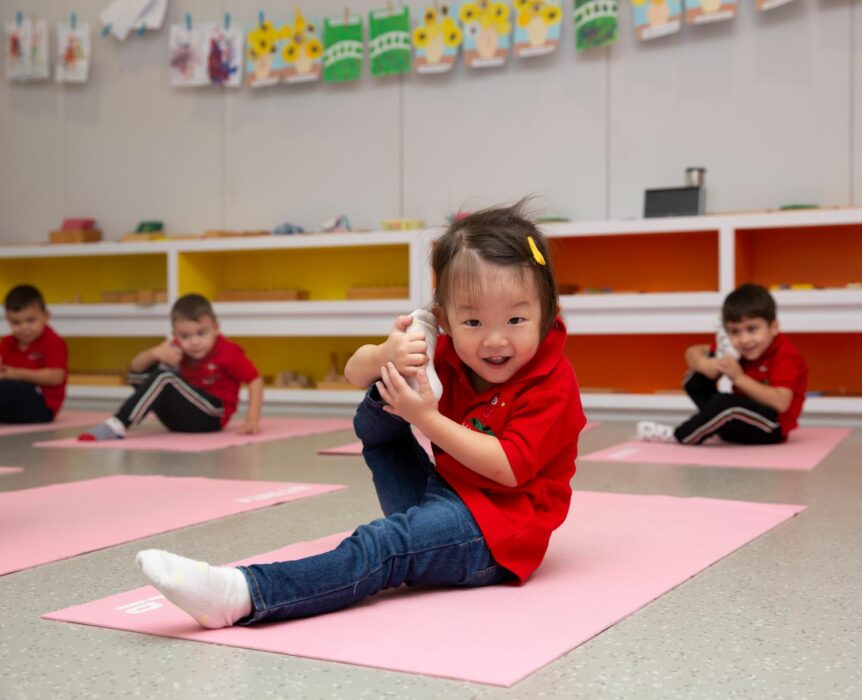
In order to help parents with the transition at home, the Montessori-driven nursery organization offers a hands-on approach at each of its three nurseries in Dubai.
According to Ladybird Nursery, parents can start potty training their children between the ages of 18 and 36 months. However, since each kid is different, parents should wait until their child is prepared for the next stage. Ladybird Nursery helps kids through this transitional phase by modelling behaviours from the home environment on campus. This includes engaging parents in conversation during initial tours and holding workshops in collaboration with Kings College Hospital.
Louisa McCormack, Principal at Ladybird Nursery Al Barsha says, “Potty training is one of the major accomplishments in early childhood as it involves developing early learner motor skills in a specific order to master the potty. These include interpreting and understanding the signals a child’s body gives them, undressing, self-control over bowel and bladder movement, and washing hands upon completion.”
“At Ladybird Nursery our facilities are designed with child-friendly washrooms, situated inside the classroom. We introduce children to books that explore potty training during circle time and have doll houses and role-play areas set up to encourage our children to use potties. We often discuss potty training with parents during their initial visit and our teachers are always looking for signs when the early learners are ready to be trained,” explains McCormack.
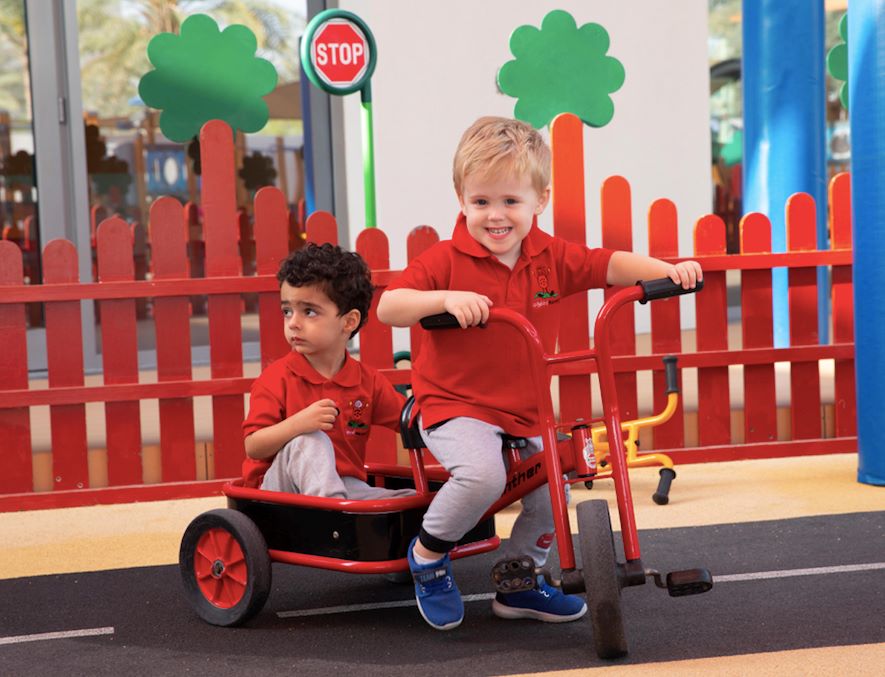
Ladybird Nursery’s six key tips to effective potty training include:
Observe for indicators that children are ready for the potty, including checking if they stay dry for at least two hours at a time during the day and after naps. Beginning training too early can frustrate early learners negating the training process. Children trying to learn this new skill will do better if they are relaxed and in a routine.
Parents must explain the process to their children and spark their curiosity on the subject. Asking questions such as ‘What will happen?’; ‘Why will it happen?’; and ‘Why is it necessary?’, to stimulate dialogue between parents and early learners.
Reading potty-themed books such as ‘Dino Potty’ or ‘Potty’ will help the little champions understand their bodily functions and actions of using the potty. Simple multi-step instructions with images placed around the house would support early learners in better understanding the process, such as walking to the washroom, undressing, sitting down, wash their hands when they are done.
Positive reinforcement plays a vital role in successfully training early learners, so it is key to praise them for getting the job done, while also exercising patience when their little ones do not get it right during the process.
Children must feel comfortable, ensuring a stress-free environment to learn. They should be able to sit comfortably on the potty at home and purchasing a simple training seat might be the solution. Little ones should accompany their parents when buying a seat, exciting them about the subject at hand.
Dedicate time for the transition. Parents should allocate substantial time to helping their children understand the benefits of the potty. Avoid training in unfamiliar environments such as during vacation or when guests are invited into the household, as an unfamiliar environment will confuse and stress early learners.


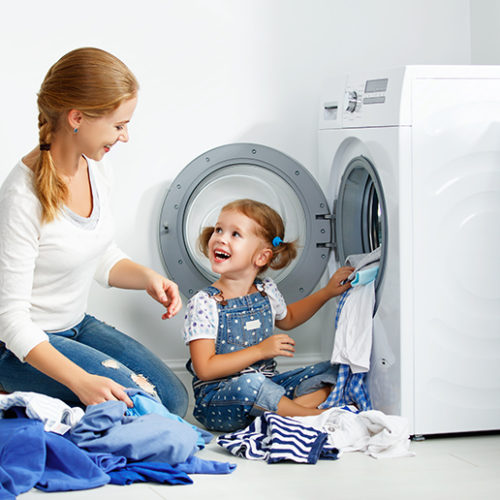
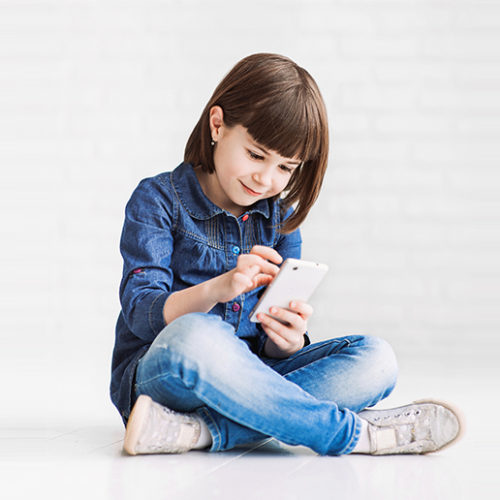
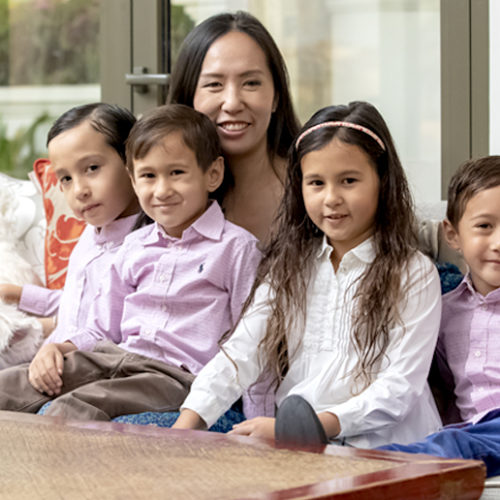







Comments